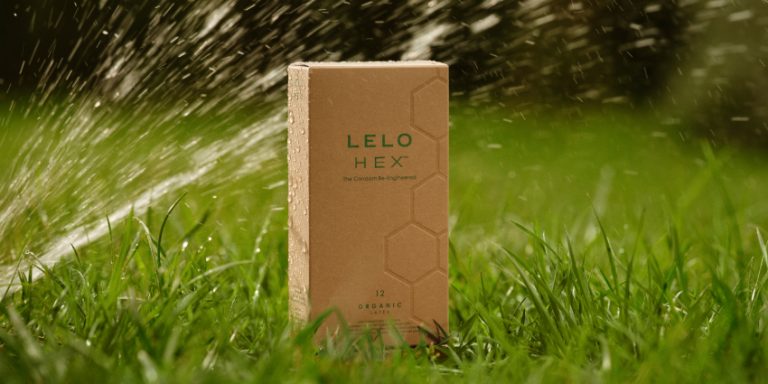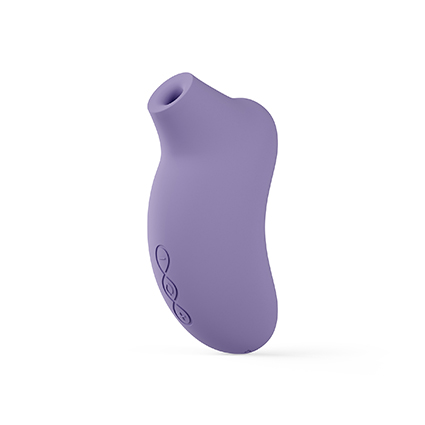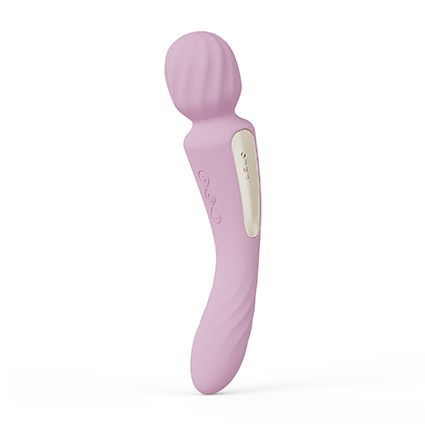You might think that because condoms are a barrier material that their latex material is completely waterproof. That’s understandable, as it would make sense that they can withstand wet and wild scenarios.
However, having sex in a water-based environment—for example, a pool, hot tub, or shower—could be pushing your condom to the limit.
So, while it’s an overarching common belief that condoms are waterproof, let’s explore the importance of condom reliability during sexual activity in a wet setting.
What Does “Waterproof” Really Mean for Condoms?
When it comes to condoms, the word “waterproof” means they can get wet, yes, condoms are not meant to be underwater for prolonged periods.
There isn’t much solid research to prove whether condoms are safe to use in the bath or shower or not. Some condom manufacturers say users should proceed with caution since the condom could slip off at any moment. Water can also become trapped within the condom, making it loose.
In addition to slippage, latex condoms can deteriorate in chlorine or high temperatures, causing them to break.
While regular latex condoms can be water-resistant, they aren’t necessarily waterproof.
Polyurethane condoms are typically considered to be waterproof as they are a strong material that is resistant to water due to an impenetrable barrier. This material of condoms is also compatible with both water-based and oil-based lubes.
Some brands advertise shower-friendly condoms or waterproof condoms that can handle more direct splashing. But overall, condom use in wet places is anecdotal. We’re just here to educate you on what could potentially happen if you decide to get wet with your condom.
Common Water Environments and Their Impact
Showers and Baths
Getting a little wet under the shower head won’t impact the condom, but make sure to use a silicone lubricant to prevent slipping or breaking. Shower sex can be a little complicated, too, while standing and trying to prevent a fall, so condoms may slip off during movements.
Sex in a shower can wash away the lubricant more quickly, which could lead to friction and discomfort. Make sure you check in with your partner to make sure they feel comfortable.
Having sex in a bath can impact a condom’s integrity due to heat and chemicals in bath water. Soap, bubbles, or chlorine usually contain oil, which can weaken and break latex condoms.
If you’re set on having sex in the bath, make sure you put your condom on before you enter the hot water to avoid damage.
To avoid heated water, consider taking a cold shower to feel the exhilaration and avoid condom degradation.
Swimming Pools and Jacuzzis
Chlorine in a swimming pool can degrade latex condoms.
Movement underwater can increase the chances of condom displacement, and condoms can even fall off into the water. For example, if you swim down underwater to a deeper section of the pool, the water pressure can let water into the condom, which could impact pregnancy prevention.
Other things to consider when weighing the options of pool sex:
- Make sure the swimming pool isn’t public.
- Don’t have sex in a pool when you’re under the influence of substances.
- Be aware of your partner and make sure their head isn’t underwater.
Hot Tubs and Saunas
Similar to a hot bath, hot tubs can impact condoms due to the incredibly hot water temperature. While wearing protection in a hot tub is a good idea, however, since hot tubs have a laundry list of microbes that could impact vaginal health, be aware that degradation might occur.
In terms of saunas, the hot temperature is the culprit here, too. Although condoms are usually provided in gay saunas or bathhouses, the hot temperature could lead to the condom breaking. The condom shouldn’t be stored directly in the sauna, and if put on right away, there might not be any risk to the integrity of the material.
Tip: Don’t have sex in a sauna if you have high blood pressure. And always make sure you’re hydrated before and afterward. Having sex in a sauna can put additional stress on the body, so if you become nauseous, lightheaded, or experience extreme thirst, leave the sauna immediately. Staying in a sauna longer than 20 minutes isn’t recommended.
Challenges to Condom Effectiveness in Water
Using a condom in water is better than not using a condom at all, however, you should be aware of the possible challenges and mishaps that can occur.
- Increased slippage due to water billowing inside. Going deeper underwater or being in the water for too long can make water seep into the condom. Make sure you have a free hand to catch the condom if it floats away.
- Increased slippage due to a lack of external lubrication. Sex in water can impact the natural vaginal lubrication, meaning that lubrication is essential. The water will wash away the lubrication that was already on the condom. To retain lubrication in a wet place, keep a silicone-based lube handy.
- Weakening of latex from prolonged exposure to heat or chemicals. Chlorine and heat can interfere with the material of the condom. Keep water-based sex to a limited amount of time if you’re using a condom.
Precautions and Best Rules
Having sex in water doesn’t have to be complicated, but being cautious can help you be better prepared if something goes awry.
If wearing a latex condom in water sounds too risky, consider internal condoms—also called “female condoms”—which are made of durable polyurethane. You can insert them before putting on your bathing suit and entering the water, and they are more likely to stay put.
When it comes to having sex in hot water or chlorine, it’s best to avoid the tempting scenario. While the movies make it seem easy, it might be better to consider foreplay in swimming pools—beginning by bringing a waterproof sex toy into the water—and taking the rest of your steamy moment to the bedroom (or close to the water’s edge).
Also, if you’re having sex in a hot tub or lake, where bacteria can breed, make sure you are aware of the risks of an increase in infections like a urinary tract infection, bacterial vaginosis, or a yeast infection. Sex without proper lubrication can lead to microtears, which make someone more susceptible to infection.
Other ways to stay safe include:
- Checking expiration dates on condoms.
- Making sure that condoms were properly stored to ensure durability.
- Consider a silicone-based lube.
Fertility and STI Considerations
There is a myth that water or chlorine kills sperm. This is not true. Having sex in water can still result in a pregnancy or an STI.
High heat, like in hot tubs, can impact sperm quality and production according to a 2014 study, however. Testicles should be at a cool temperature to produce healthy sperm. Hot temperatures reduce sperm count, motility, and quality. But that doesn’t mean your chances of getting pregnant are zilch.
There’s another myth that you can catch an STI just from being in dirty hot tub water. This is false. While you could potentially get a hot tub rash (totally unrelated to an STI), your chances of getting an STI in water would be due to skin-to-skin contact.
Overall, wearing a condom is still crucial in preventing pregnancy and STIs. Stay safe, just be aware of your condom’s integrity and durability.
Conclusion
While condoms are still the foolproof recommended method in staying safe while having sex, staying educated on the possible limitations is key. Yes, condoms are waterproof but not infallible in water environments.
Minimize your risks by staying aware of your surroundings, your partner’s comfort, and making sure your condom stays in place.
Discover pleasure with;













